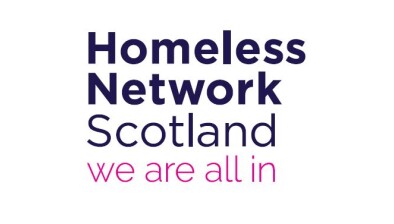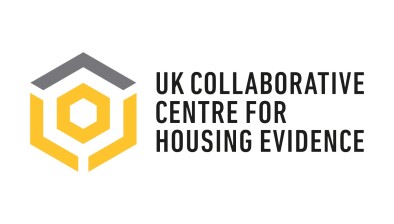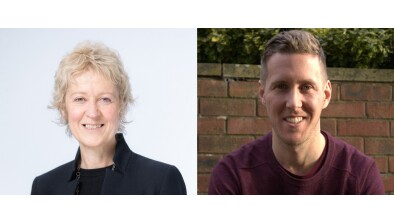Blog: People working in and living through homelessness working together to end it

Crisis chief executive Jon Sparkes gives a summary of the stakeholder workshop held this week as part of the work of the Scottish Government’s Homelessness and Rough Sleeping Action Group.
“We have been sitting round tables talking about this for the past 20 years and don’t want to be here in another 20!”
That sense of resolve sums up the atmosphere of the 2nd stakeholder workshop of the Homelessness and Rough Sleeping Action Group which took place on Tuesday. Colleagues from across housing, charities, justice, health, councils, housing associations and faith groups gathered to hear about and input to the progress the Action Group has made so far on recommending solutions to the Scottish Government on ending rough sleeping in Scotland and transforming the use of temporary accommodation – and how those recommendations respond to the feedback given previously by the stakeholder group, by people with experience of homelessness, and from the best international evidence of what works in tackling rough sleeping.
As if further emphasis was required, to address the task at hand, hearing the journey of two people with lived experience of homelessness brought the reality into sharp focus. We heard how long periods left in unsuitable temporary accommodation with little access to support and under strict conditions can have such an impact on confidence, morale, finding sustained employment and prolongs their homelessness. It simply can’t be right that someone has had to live in a Bed & Breakfast for 13 months!
This experience was borne out by the wider contributions that Maggie Brunjes, and her team at Glasgow Homelessness Network, gathered as part of the first phase of Aye We Can, an initiative to ensure the voice of people with lived experience of homelessness is woven throughout the recommendations of the Action Group.
So far, 122 people have attended sessions in Edinburgh, Glasgow, Perth, Dumfries and Aberdeen and a report on this first phase of consultation can be read here. Some of the participants were also at the workshop and their involvement continues to be vital in ensuring that the solutions recommended are not only deliverable but will have a real impact on solving each and every person’s route out of homelessness.
The initial contributions of the stakeholder group, back in November, have helped shape our thinking and understanding on exactly what will be required going forward to make rough sleeping a thing of the past and ensure that temporary accommodation is only ever used in emergency situations for short periods. There is a framework emerging which the Action Group is following in order to fully address these issues. This is:
To help us further develop the set of proposals we will take to the Scottish Government it was really helpful to be able to harness the expertise in the room and look at these issues in greater detail. In particular, we asked them to focus on what needs to be in place to make the recommendations work and what barriers they can envisage that would stop them from being implemented.
As is often the case when you have a group of people who know an issue in-depth, there were common themes across the tables in identifying the barriers that need to be torn down to allow long-lasting change to happen. And in fact, many of the support mechanisms required to create success were also similar. These were issues like cross-agency working within the public sector, availability of funding which is ringfenced within councils, political leadership, person-centred approaches. Some changes to the system were also proposed such as the removal of sanctions, intentionality and local connection as well as the potential for legislation which brings in a duty to co-operate and/or prevent and updating the code of guidance. All food for thought for each of the Action Group members leading on the workstreams I mentioned above.
As those working in or with experience of homelessness, the crucial contribution of the assembled group is so important in informing our thinking for the last question we’re looking to address which is how do we end homelessness in Scotland for good. With a blank piece of paper, the tables were asked to look at what needs to be in place to make this happen. Within a short period of time some key themes emerged – a requirement for the re-wiring of the whole system so that homelessness is an issue for all departments within central and local government and not solely within the domain of housing or social work, but across services such as education, justice, health, employment, welfare and so on. Also, the need for the politics to be taken out of homelessness so that it’s not subject to the will of each new political administration. The groups also focussed on the need for a change in the way that homelessness is perceived by the public as a problem that individuals face to changing this to an understanding that it is a societal issue that we all have a stake in and there was a desire that this should be a priority for the Scottish Government. Finally, the need for funding in the right place and at the right time – one group suggested that for homelessness to truly be solved then actually it must first be invested in so that in the long-term savings can be made but more importantly people’s potential to become homeless is minimised.
As you’ll see this was an incredibly productive session and gives the Action Group an enormous amount of intelligence and insight to work with in order to work towards a comprehensive set of recommendations to put forward to the Scottish Government, I thank everyone who gave us their time and energy and I look forward to meeting again in the near future.
This blog was originally posted on the Crisis website.







